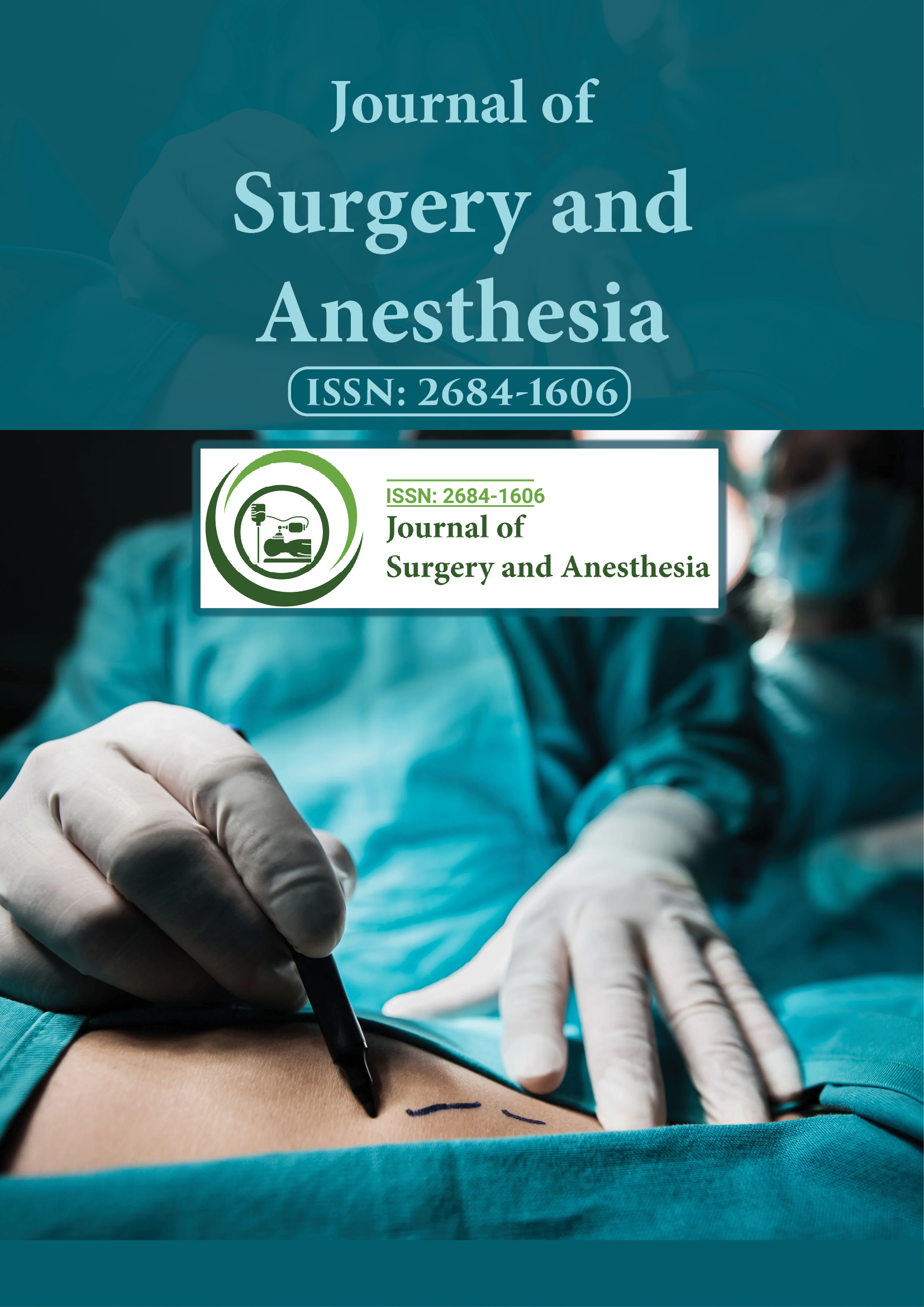indexado en
- Google Académico
Enlaces útiles
Comparte esta página
Folleto de diario

Revistas de acceso abierto
- Administración de Empresas
- Agricultura y Acuicultura
- Alimentación y Nutrición
- Bioinformática y Biología de Sistemas
- Bioquímica
- Ciencia de los Materiales
- Ciencia general
- Ciencias Ambientales
- Ciencias Clínicas
- Ciencias farmacéuticas
- Ciencias Médicas
- Ciencias Veterinarias
- Enfermería y Cuidado de la Salud
- Genética y Biología Molecular
- Ingeniería
- Inmunología y Microbiología
- Neurociencia y Psicología
- Química
Abstracto
Insuficiencia cardíaca terminal en la distrofia muscular de Becker: informe de un caso de tratamiento perioperatorio para cirugía oncológica durante la pandemia de COVID-19
Piovano Chiara, Savi M, Babbini M, Greco M, Monzani R, Cecconi M
Antecedentes: La distrofia muscular de Becker (DMB) es una enfermedad recesiva ligada al cromosoma X causada por una deficiencia de distrofina y caracterizada por debilidad progresiva de los músculos esqueléticos y deterioro funcional que afecta especialmente los músculos proximales de las extremidades inferiores, y que produce varias comorbilidades, entre ellas insuficiencia respiratoria restrictiva y miocardiopatía dilatada.
Materiales y métodos: Se presenta el caso de un paciente de 63 años de edad, ASA IV, con DMO asociada a diversas comorbilidades, que presentó disnea ingravescente y disfagia por carcinoma laríngeo supraglótico, miocardiopatía dilatada con insuficiencia cardíaca congestiva (estadio C de la ACC/AHA), fibrilación auricular crónica e hipertensión pulmonar, y portador de un desfibrilador con terapia de resincronización cardíaca (TRC-D).
Resultados: La anestesia total intravenosa con ketamina permitió evitar los efectos cardiodepresores del propofol y ahorrar altas dosis de opioides perioperatorios, garantizando estabilidad hemodinámica y control óptimo del dolor durante todo el procedimiento. Se implementó un manejo intraoperatorio desafiante mediante el uso de una estrategia intravenosa para resolver los problemas específicos presentados por este caso.
Conclusión: Este caso resalta por qué es útil que los anestesistas estén familiarizados con múltiples medicamentos en combinación para prevenir eventos nocivos en un paciente potencialmente crítico que eventualmente no requirió apoyo de cuidados intensivos después de la cirugía, ahorrando valiosos recursos de la UCI, especialmente escasos durante el aumento de COVID-19.